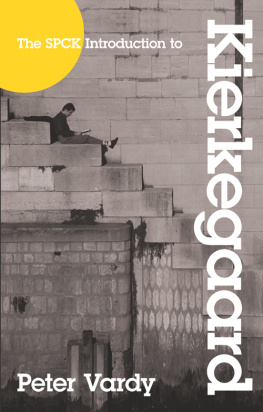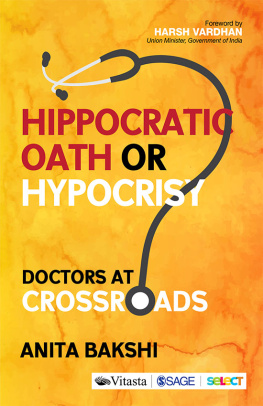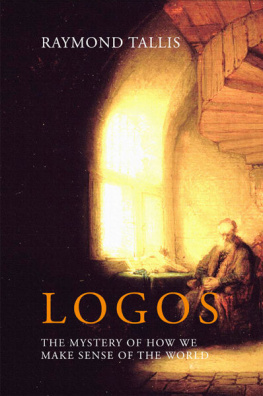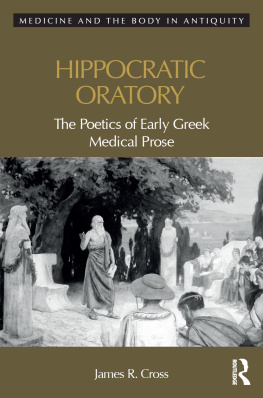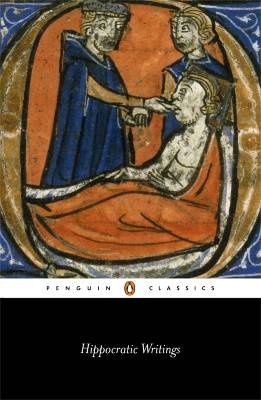Raymond Tallis - Hippocratic Oaths
Here you can read online Raymond Tallis - Hippocratic Oaths full text of the book (entire story) in english for free. Download pdf and epub, get meaning, cover and reviews about this ebook. publisher: Atlantic Books, genre: Science. Description of the work, (preface) as well as reviews are available. Best literature library LitArk.com created for fans of good reading and offers a wide selection of genres:
Romance novel
Science fiction
Adventure
Detective
Science
History
Home and family
Prose
Art
Politics
Computer
Non-fiction
Religion
Business
Children
Humor
Choose a favorite category and find really read worthwhile books. Enjoy immersion in the world of imagination, feel the emotions of the characters or learn something new for yourself, make an fascinating discovery.

- Book:Hippocratic Oaths
- Author:
- Publisher:Atlantic Books
- Genre:
- Rating:3 / 5
- Favourites:Add to favourites
- Your mark:
- 60
- 1
- 2
- 3
- 4
- 5
Hippocratic Oaths: summary, description and annotation
We offer to read an annotation, description, summary or preface (depends on what the author of the book "Hippocratic Oaths" wrote himself). If you haven't found the necessary information about the book — write in the comments, we will try to find it.
Hippocratic Oaths — read online for free the complete book (whole text) full work
Below is the text of the book, divided by pages. System saving the place of the last page read, allows you to conveniently read the book "Hippocratic Oaths" online for free, without having to search again every time where you left off. Put a bookmark, and you can go to the page where you finished reading at any time.
Font size:
Interval:
Bookmark:
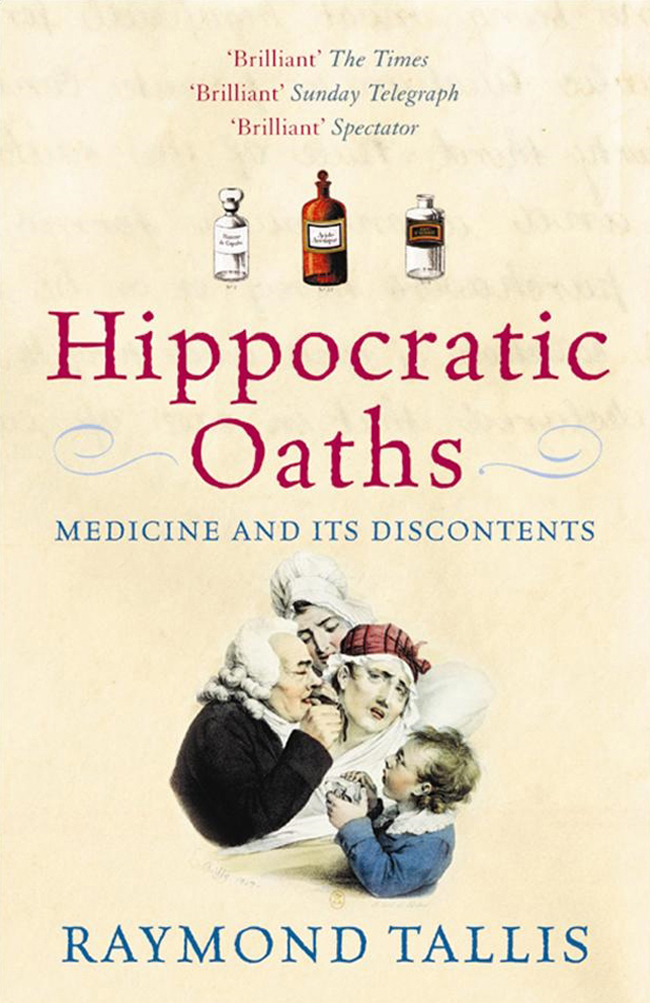
Hippocratic Oaths

First published in trade paperback in Great Britain in 2004 by Atlantic Books, an imprint of Grove Atlantic Ltd.
This edition published in Great Britain in 2014 by Atlantic Books Ltd.
Copyright Raymond Tallis, 2004
The moral right of Raymond Tallis to be identified as the author of this work has been asserted in accordance with the Copyright, Designs and Patents Act of 1988.
All rights reserved. No part of this publication may be reproduced, stored in a retrieval system or transmitted in any form or by any means, electronic, mechanical, photocopying, recording, or otherwise, without prior permission both of the copyright owner and the above publisher of this book.
Every effort has been made to contact copyright holders.
The publishers will be pleased to make good any omissions or rectify any mistakes brought to their attention at the earliest opportunity.
ISBN 9781782396512
A CIP catalogue record for this book is available from the British Library.
Atlantic Books Ltd.
Ormond House
2627 Boswell Street
London WC1N 3JZ
www.atlantic-books.co.uk
For Mahendra Gonsalkorale and Bill Sang
in friendship, gratitude and admiration.
Contents
PART ONE
Origins
PART TWO
Contemporary Discontents
PART THREE
Destinations
Acknowledgements
This book owes its existence to the enthusiasm and encouragement of Jacqueline Korn of David Higham Associates, my agent, and of Toby Mundy of Atlantic Books. Toby it was who suggested the title of the book. Many thanks to both of you.
I am even more indebted to Louisa Joyner for her brilliant editorial work. Her eye for detail, combined with her clear understanding of the big picture, has resulted in countless suggestions that have dramatically improved Hippocratic Oaths from the original manuscript. Louisa, I cant thank you enough. Louisas work has been complemented by the superb copy-editing of Jane Robertson, to whom I am enormously grateful for much judicious textual liposuction, vital structural changes, an intelligent scepticism that has tempered some of my more passionate outbursts, and an unremitting attention to important minutiae.
Finally, thanks are due to my secretary, Penny Essex a) for putting up with me not only during the period of gestation of Hippocratic Oaths but also for wonderful support over the preceding decade and a half and b) for chasing up many elusive references often on the basis of vague and/or misleading information.
A (Very) Personal Introduction
Nothing could be more serious than the care of ill people, nor more deserving of intelligent discussion. Few topics attract such media coverage; the National Health Service is never far from the top of the political agenda; and most people regard good health and access to first-class care when they fall ill as supremely important. It is, therefore, regrettable that discussion of medicine of medical science, of clinical practice, of the profession itself is frequently ill-informed. Comment is often shallow, even when it is not riddled with errors of fact, interpretation or emphasis. Reactive, piecemeal and disconnected from the big picture, much analysis lacks historical perspective and ignores the complex reality of medical care.
Notwithstanding all the books, column inches, air-time and screentime devoted to it, therefore, the practice of medicine remains virtually invisible. Hippocratic Oaths, which contemplates the art of medicine from a broad perspective while not losing sight of the details, aims at making medicine more visible. This is worthwhile not only because scientific medicine is one of the greatest triumphs of humankind; but also because illness is potentially a mirror, albeit a dark one, in which we may see something of what we are, at the deepest level. Making medicine truly visible may cast some light on the greater mystery of what it is to be a human being. That mystery is the starting point of this book.
Medicine, objectively, has never been in better shape. Its scientific basis, the application of this science in clinical practice, the processes by which health care is delivered; the outcomes for patients, the accountability of professionals, and the way doctors and their patients interact with each other all have improved enormously even during my thirty years as a practitioner. Yet the talk is all of doom and gloom: short memories have hidden the extraordinary advances of the last century. The danger is that endless predictions of crisis may become self-fulfilling by making the key roles of doctor and nurse deeply unattractive. This would be a disaster, given that further progress will require more, not less, medical and nursing time.
The curious dissociation between what medicine has achieved and the way in which it is perceived originates outside of medicine itself. While medical practice is continuously improving, it has not kept up with patients rising expectations. Many things are much better than they were, but few things are as good as people have been led to expect. Changes in patients expectations reflect changes in the world at large. What is more, there is a tension between the consumerist values of society and the values that have hitherto informed medicine at its best; values that have driven its gradual transformation from a system beleaguered by fraud, venality and abuse of power to a genuinely caring profession whose practices are informed by biological science and underpinned by clinical evidence.
Hippocratic Oaths does not pretend be a comprehensive account of medicine or even of its current troubles. I have aimed at depth rather than breadth. I examine the institutions of medicine and their present discontents in a series of essays in some cases prompted by particular events or personal experiences. The book is a triptych: the large middle section deals with present discontents. It is flanked by panels that deal, respectively, with the origins and the destination of the art of medicine.
Though many of its reflections are cast in an impersonal form and address matters of public interest, Hippocratic Oaths is deeply personal. I believe that medicine is in danger of being irreversibly corrupted. This threat comes not from within (where its values are struggling to survive) but from society at large. The most serious dangers emanate from those for whom the moral high ground is a platform for self-advancement, many of whom have never borne, or have been willing to bear, the responsibilities that weigh on the daily life of practitioners. The unthinking voices of those who have a shallow understanding of the real challenges of medicine (and an even shallower appreciation of its achievements) will make patient care worse not better. Their influence already threatens to bring about a disastrous revolution in the values and attitudes of health-care professionals: if we are not careful, the patientas-client will receive service-with-a-smile from a customer-aware self-protecting doctor delivering strictly on contract. If the current debased public perception is not challenged, medicine may become the first blue-collar profession, delivered by supine, sessional functionaries. This will not serve the longer term interests of people who fall ill.
Everyone agrees that we need to rethink medicine; in particular its relationship to society at large. This book offers an introduction to that rethink. We need to take a long view and to unpeel the layers of second-order discussion that takes so much for granted and has hidden the reality of a deeply human, and humane, profession. Only on the basis of an appreciation of what has been achieved, and a better understanding of the ends, aims and ultimate limitations of medical care, shall we be able to begin an intelligent examination of the present discontents and the future path; and arrive at a clearer understanding of what might be expected of medicine and of those who deliver medical care.
Font size:
Interval:
Bookmark:
Similar books «Hippocratic Oaths»
Look at similar books to Hippocratic Oaths. We have selected literature similar in name and meaning in the hope of providing readers with more options to find new, interesting, not yet read works.
Discussion, reviews of the book Hippocratic Oaths and just readers' own opinions. Leave your comments, write what you think about the work, its meaning or the main characters. Specify what exactly you liked and what you didn't like, and why you think so.

